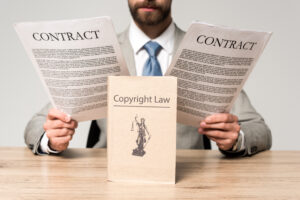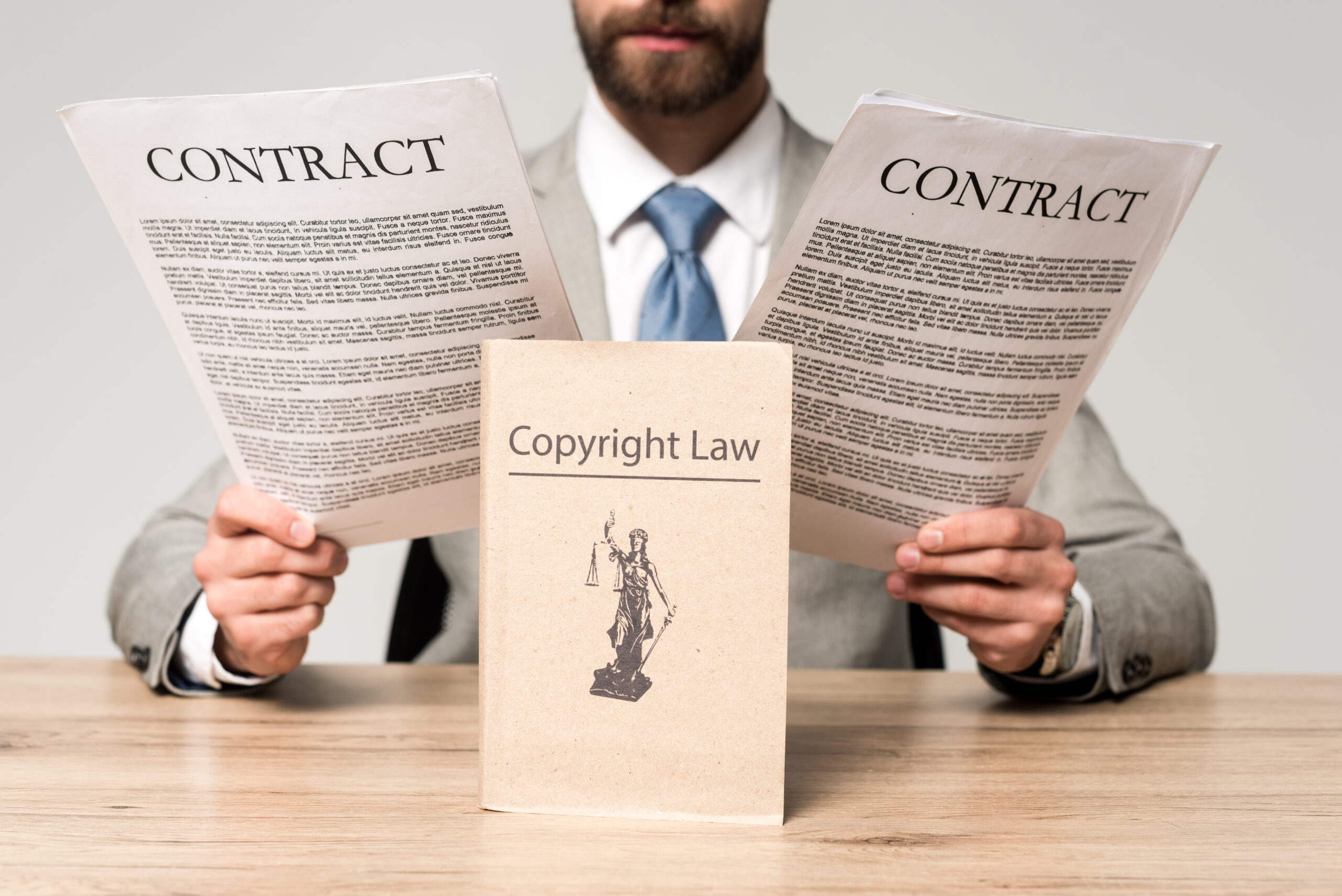
As an aspiring musician or songwriter, protecting your creative work is of utmost importance. Copyrighting your music ensures that you have legal ownership and control over your compositions, preventing others from using or profiting from your hard work without permission. In this article, we will explore the process of copyrighting your music, along with valuable resources to guide you through each step.
Understanding Copyright Basics:
Before diving into the process, it’s essential to grasp the fundamentals of copyright law. The United States Copyright Office (USCO) provides comprehensive information on their website, explaining the rights and protections granted to creators. [Source: USCO – Copyright Basics](https://www.copyright.gov/circs/circ01.pdf)
Registering Your Music with the USCO:
Registering your music with the USCO strengthens the legal protection of your work. It provides evidence of ownership and allows you to pursue legal action if someone infringes upon your rights. The USCO website offers a step-by-step guide on how to complete the registration process. [Source: USCO – eCO Registration](https://www.copyright.gov/registration/)

The Importance of Proper Documentation:
Accurate documentation is vital when copyrighting your music. Keeping detailed records such as lyrics, sheet music, audio recordings, and any other relevant materials can serve as evidence in case of disputes. The Songwriters Guild of America provides helpful resources on proper song documentation and registration. [Source: Songwriters Guild of America](https://www.songwritersguild.com/)
Using Copyright Management Organizations:
Copyright management organizations, like ASCAP, BMI, and SESAC, help protect the rights and royalties of musicians. These organizations assist in licensing your music, collecting royalties, and monitoring unauthorized use. Their websites offer guidance on joining and utilizing their services effectively. [Source: ASCAP](https://www.ascap.com/), [Source: BMI](https://www.bmi.com/), [Source: SESAC](https://www.sesac.com/)
Educating Yourself on Music Publishing:
Understanding the complexities of music publishing is crucial for protecting your rights as a songwriter. The Harry Fox Agency provides resources on mechanical licensing and the music publishing landscape. [Source: The Harry Fox Agency](https://www.harryfox.com/)
Seeking Legal Advice:
Consulting with an entertainment lawyer can provide you with expert guidance on copyrighting your music. They can help you navigate the legal intricacies, ensure proper documentation, and assist in drafting contracts. The American Bar Association’s Entertainment and Sports Law section is an excellent resource for finding lawyers specializing in music copyright. [Source: American Bar Association – Entertainment and Sports Law](https://www.americanbar.org/groups/entertainment_sports/)
Copyrighting your music is a critical step in safeguarding your creative works and securing your future as an artist. By understanding the basics of copyright law, registering your music with the USCO, maintaining proper documentation, utilizing copyright management organizations, educating yourself on music publishing, and seeking legal advice when needed, you can confidently protect your intellectual property.
Remember, the resources mentioned in this article provide detailed information to guide you through the process.

